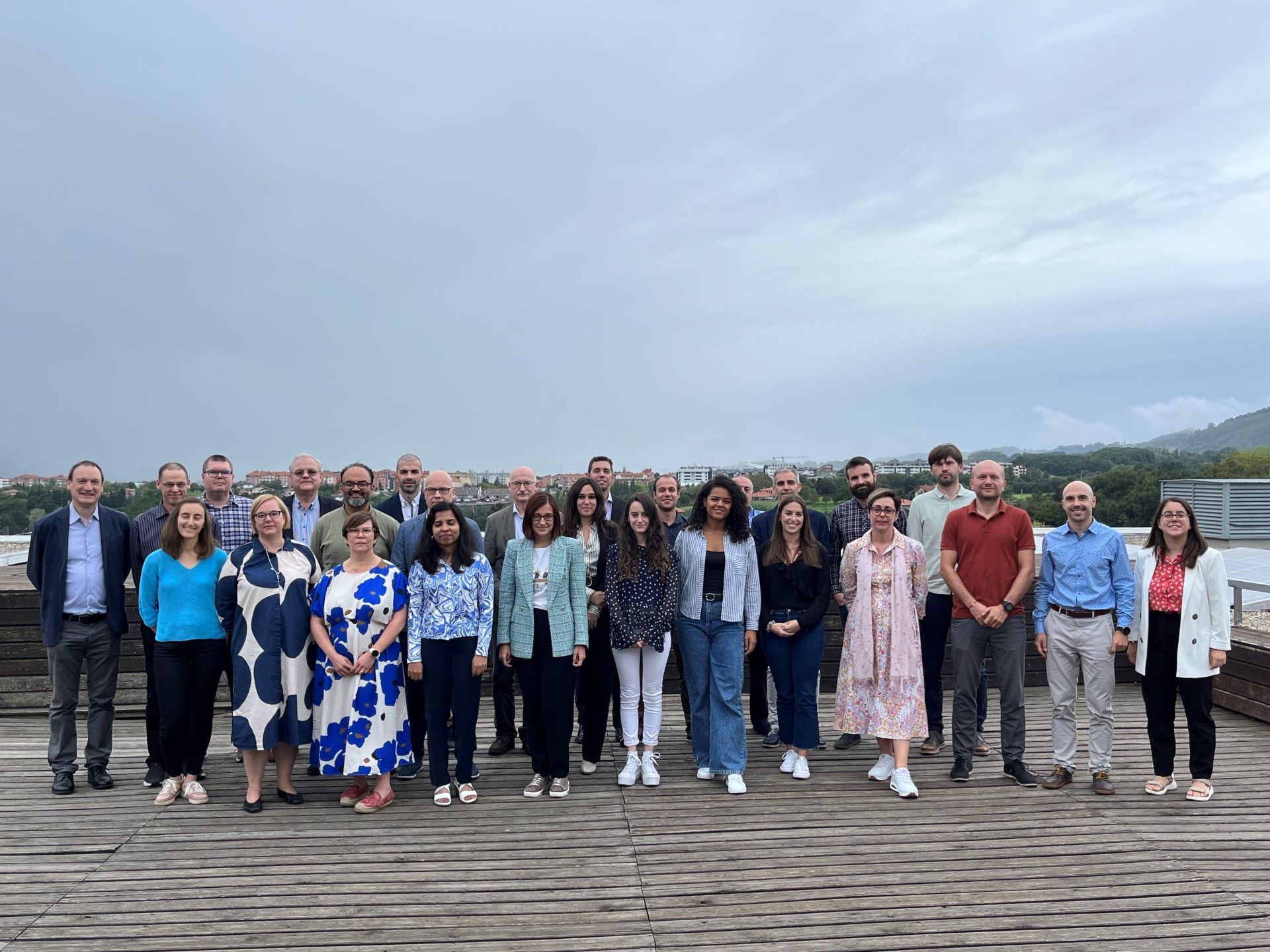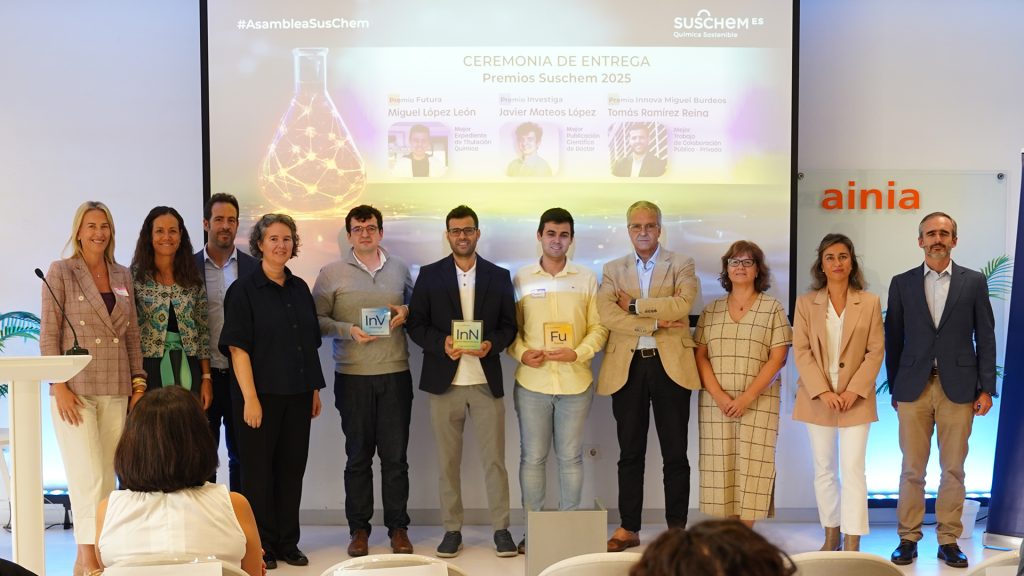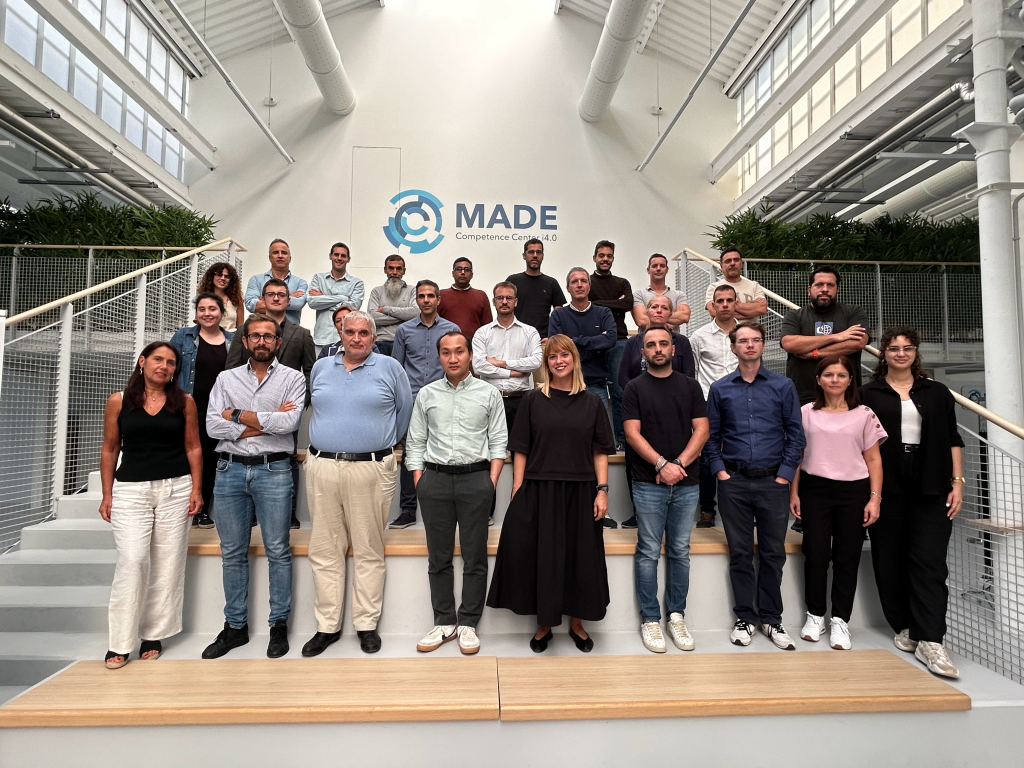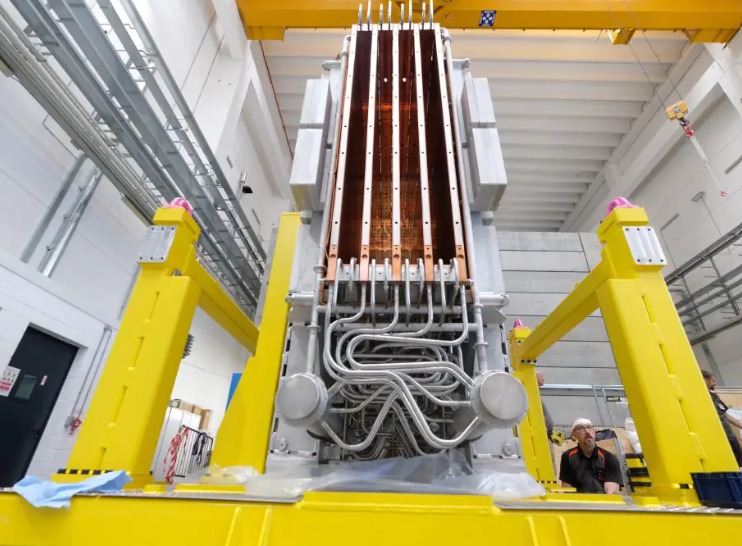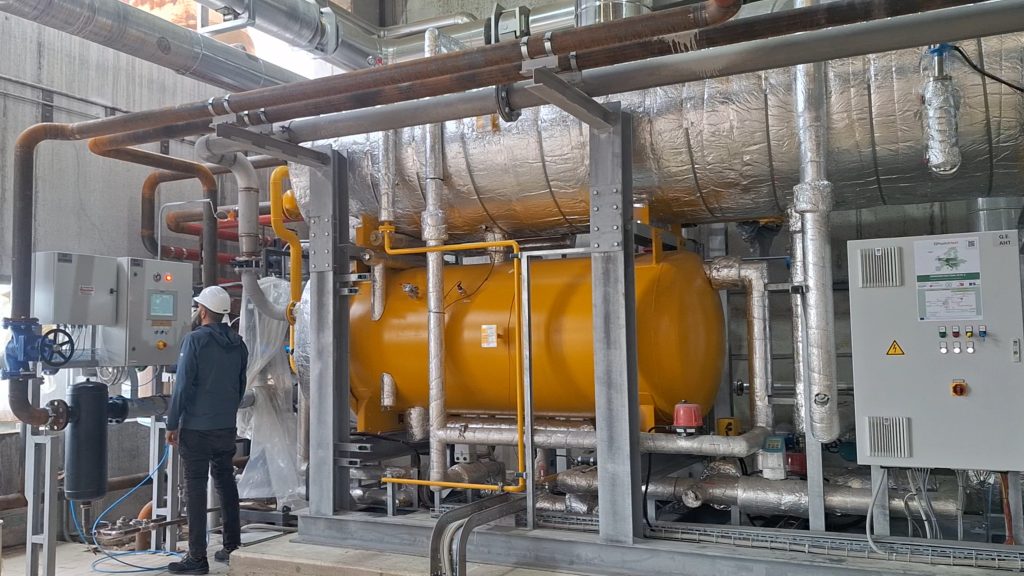“TECNALIA leads the REDYSIGN project initiative for the creation of a new sustainable packaging for fresh meat from wood components”
The REDYSIGN initiative is born, which will develop a new bio-based, smart, and recyclable packaging for the distribution of fresh meat
The REDYSIGN initiative, led by TECNALIA, focuses on new resource-efficient production technologies (energy, water, and raw materials). REDYSIGN will undertake the development of a new bio-based, smart, and recyclable packaging for fresh meat that can replace the current plastic packaging.
The project will develop the different intermediate products that make up the packaging (the tray, the coating that will provide the barrier effect to gases and liquids, the absorbent pad and the transparent film-lid) using the natural compounds that make up wood, such as lignocellulosic macro-, micro- and nano-fibres, lignin, and sugars. In this way, this innovative bio-packaging will ultimately be made up of more than 98% wood by-products.
The REDYSIGN packaging will also be a smart packaging, incorporating two sensors aimed at preventing food waste:
- One capable of early detection of rotting processes.
- And another to detect breaks in the cold chain that may have occurred during distribution and storage of the product.
We have to consider that an important part of the environmental crisis we live in stems from the huge amount of packaging plastic waste we generate (15M ton/year in the EU27 in 2019) and its limited recycling rate, which is only 40% worldwide,
mainly due to the complexity of the packaging’s composition. This rate drops down to nearly zero when it comes to plastic packaging used for the distribution of fresh meat.
Recycling efficiency
The initiative will also implement two innovations to improve recycling efficiency:
- The first involves the use of identification markers embedded in the packaging that will allow the sorting of these potentially biologically contaminated products at the waste treatment plant.
- The second is based on the application of advanced oxidation treatments to disinfect the packaging and, at the same time, reduce energy consumption in the subsequent fibre recovery operation, so that the recycling process is also more energy efficient.
Consortium
To carry out the developments, a multidisciplinary consortium of 13 partners from seven European countries has been created, bringing together some of the most relevant actors in the bioindustries sector: TECNALIA, Eroski, Fábrica Nacional de Moneda y Timbre, PackBenefit, Metgen, Valmet Technologies, Fibenol, Mcairlaid's Vliesstoffe, HOLOSS, VTT, RISE-PFI, Zabala Innovation, and Fenix TNT.
More information on circular packaging
In the field of packaging for the food sector, TECNALIA works both on optimising packaging and improving the preservation of the food itself. TECNALIA seeks solutions with the lowest possible environmental impact, particularly with regard to the extraction processes of the wood constituents and the production processes of the different parts of the packaging.
All TECNALIA's developments are based on principles of circularity and the use of raw materials from renewable sources such as cellulose and other natural derivatives. This way, they aim to generate the lowest possible environmental impact and reduce the carbon footprint of packaging products.
The REDYSIGN project (GA no. 101112521) is funded by the Circular Bio-based Europe Joint Undertaking, a public-private partnership of the Biobased Industries Consortium and the European Commission.

